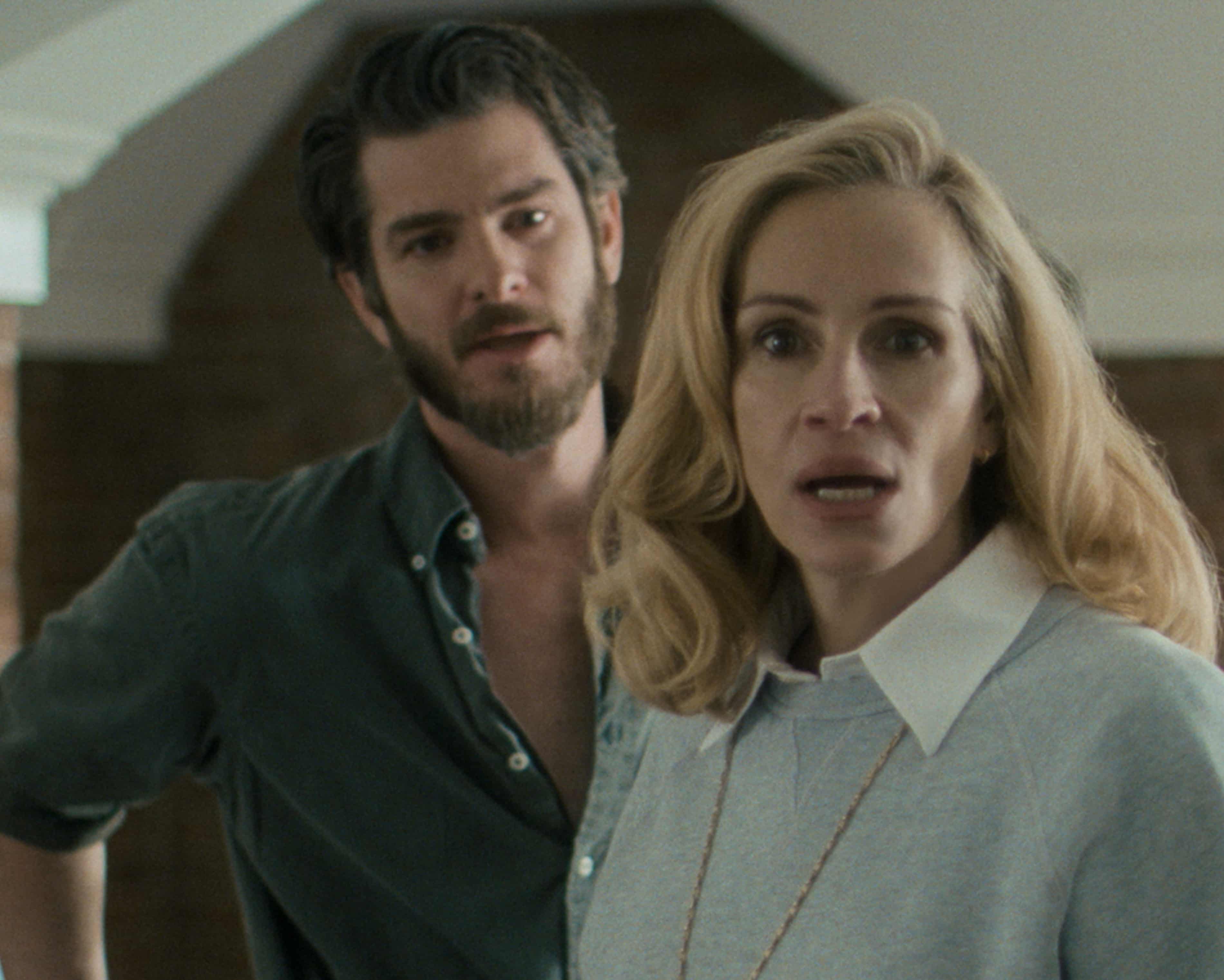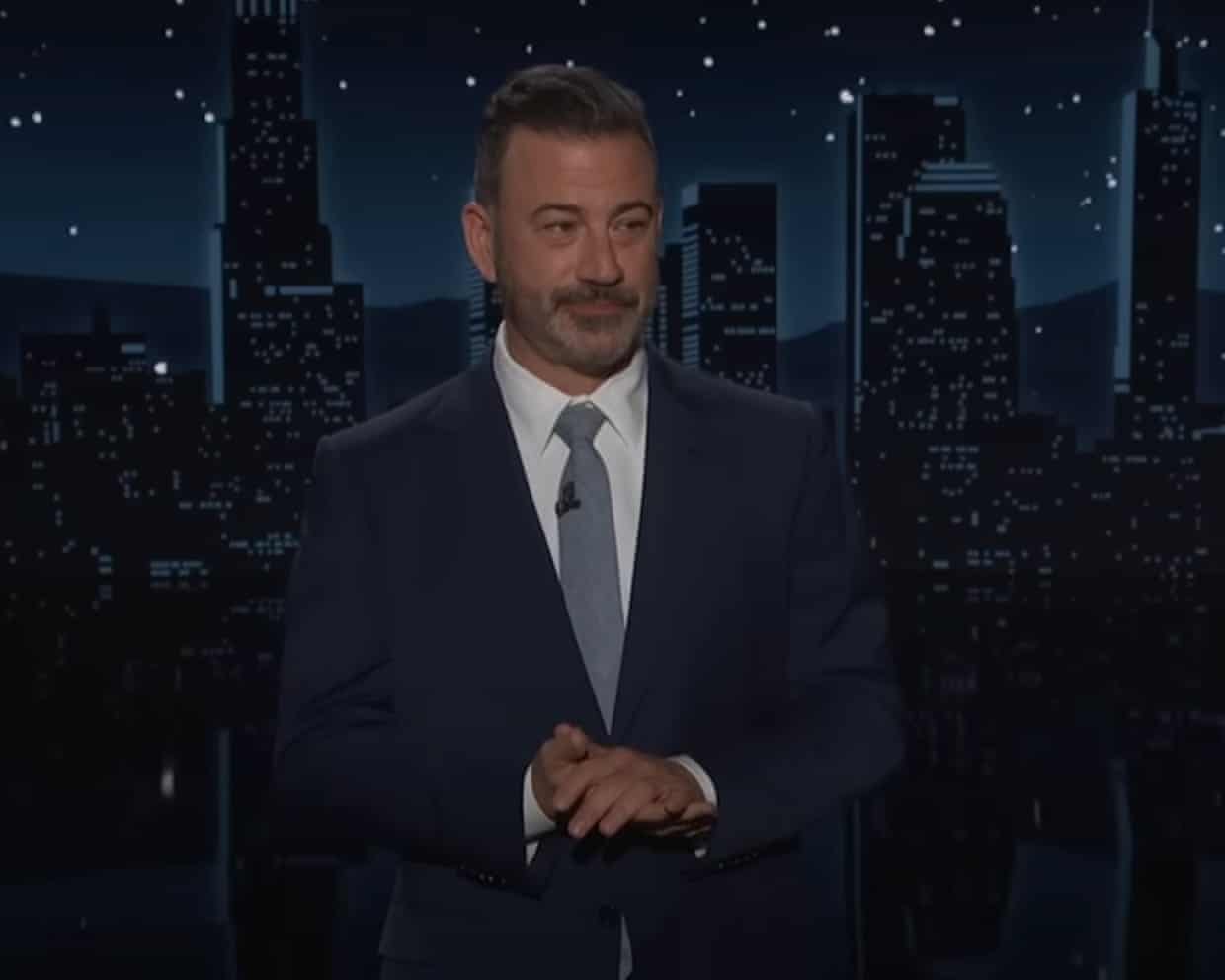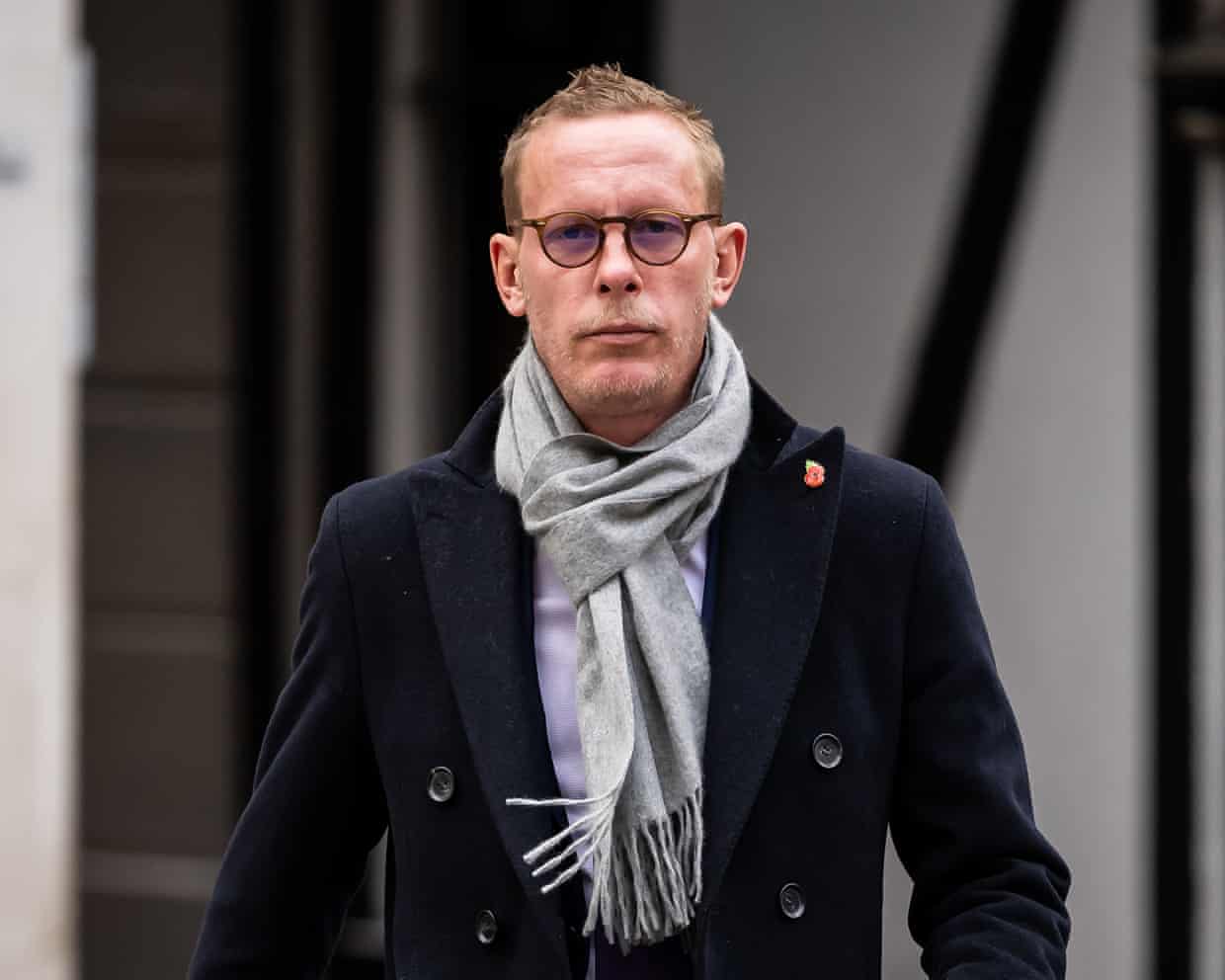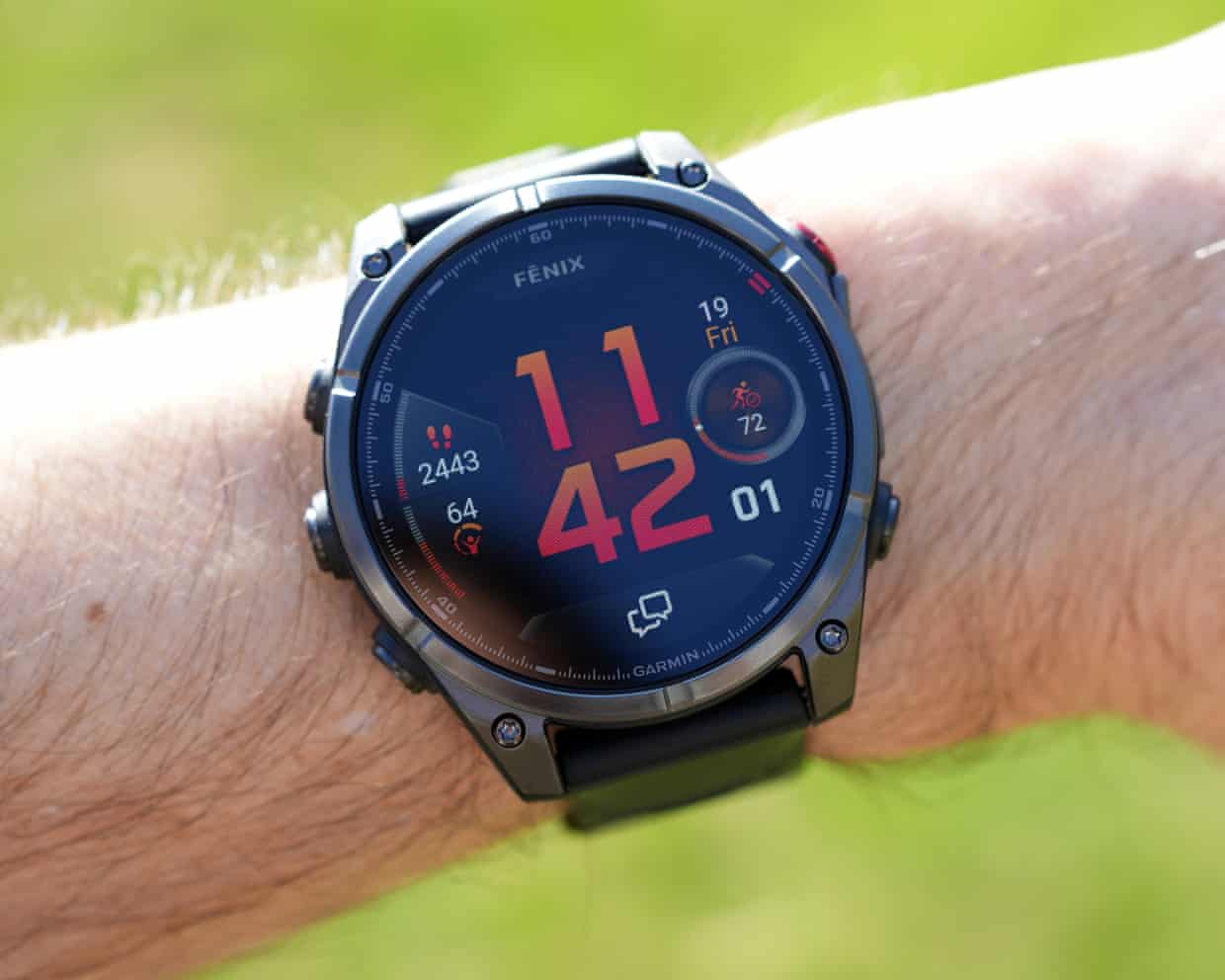Low participation in medical trials puts millions of young people at risk

Millions of young people risk missing out on new treatments for health conditions and having to use medicines that are unsafe, ineffective or inappropriate because so few take part in medical research, experts have warned.Data analysis by the Guardian reveals that members of gen Z – those born between the late 1990s and the early 2000s – are significantly underrepresented in clinical trials and health studies.People aged 18 to 24 make up 8% of England’s population, but only 4.4% of those taking part in medical research.Though less affected by life-threatening conditions such as cancer and heart disease, young adults still experience a significant burden of disease.
Almost half – 45% – of those aged 24 or under have a long-term physical or mental health condition.Experts said the lack of young people participating in research would have a serious impact on their physical and mental health for decades unless urgent action was taken to reverse the trend.Kirsty Blenkins, the deputy chief executive of the Association for Young People’s Health, said adults aged 24 and under faced “a distinct set of health challenges” that were often “shaped by major life transitions, social pressures and inequalities” that impacted their physical and mental wellbeing.Their absence from clinical and health research projects had serious implications, she added.“Treatments and interventions may be designed and tested primarily on older adults, which means they may not always be safe, effective, or appropriate for younger populations.
This can lead to poorer health outcomes, delayed diagnosis, and reduced trust or engagement with healthcare systems,”Several factors probably explained the lack of gen Z members in studies, Blenkins said,“Participation barriers include limited awareness of research opportunities, lack of targeted recruitment, concerns about confidentiality, and a research culture that is rarely designed with or for young adults,“Increasing representation requires a more inclusive research design, involving young people from the start, making participation accessible and relevant, and embedding youth engagement as standard practice across the research system,”Figures from the National Institute of Health and Care Research (NIHR) analysed by the Guardian showed adults aged 18 to 24 were significantly underrepresented in health research.
Between April 2021 and March 2024, 32,879 adults aged 18 to 24 took part in 5,042 studies backed by the NIHR research delivery network, which equates to only about seven young people per study,The age group make up 8% of England’s population, but only 4,4% of participants in NIHR research delivery network projects,By contrast, those aged 85 or older represent just 2% of the population, but 32,031 signed up for research over three years to 2024, representing 4,2% of participants.
“Young people often don’t realise that they can and should take part in health research,” said Dr Esther Mukuka, the NIHR director for research inclusion,“When people think of research, they often picture experimental treatments for serious illnesses like cancer, but it’s so much more than that,“Research shapes how we manage everyday conditions like diabetes, and how mental health support is offered on the NHS,Gen Z is faced with their own unique health challenges,They also engage with the healthcare system differently.
”Long-term health conditions affecting young adults include diabetes, obesity, asthma, autism, learning difficulties, epilepsy, eating disorders and a range of other mental health conditions.“If this group does not participate in research, the treatments and services developed as a result will not reflect their needs,” said Mukuka.“Scientific discovery is moving further and faster than ever.And it’s clear that the treatments of tomorrow will be very different from what we understand today.“Health and care systems need to evolve with society, so it’s crucial that young people take part in research now.
Without their input, future treatments won’t be as representative or effective as they need to be.”A NIHR campaign aims to encourage more people to take part in health and care research.Its UK-wide volunteer registry makes it easy to join studies, by matching people with opportunities that align with their health concerns and interests.Anyone can take part in research, whether they have a health condition or not.Some studies seek to study people without the condition, so researchers can compare them to those who have it.
“Getting involved can be super simple, including filling out a quick survey or giving a saliva sample,” said Mukuka.“And if you don’t have a health condition, consider taking part anyway.You can still help shape the NHS of tomorrow.Think of it as investing in the kind of care you’d want for yourself, your friends, and your family.”Dr Wendy Macdowall, an expert in health research at the London School of Hygiene & Tropical Medicine, said women and ethnic minorities were also underrepresented in research.
“To reduce inequities, knowing whether interventions ‘work’ is not enough.We also need to know whether particular groups of people experience them differently.“Understanding how different groups experience interventions is key in order that practitioners can make informed decisions about their adoption in specific sub-groups and to ensure that interventions don’t inadvertently produce, or exacerbate, inequities.”

Champagne, celebs and artefacts: British Museum hosts first lavish ‘pink ball’ fundraiser
There will be champagne, of course, and dancing, fine Indian food served alongside the Parthenon marbles and cocktails mixed in front of the Renaissance treasures of the Waddesdon bequest. And everywhere – from the lights illuminating the Greek revival architecture, to the carpet on which guests arrive, to the glamorous outfits they are requested to wear – a very particular shade of pink.When the British Museum throws open its doors on Saturday evening for its first “pink ball”, it will not only be hosting an enormous and lavish party, but also inaugurating what its director, Nicholas Cullinan, has called a “flagship national event” that he hopes will become as important to his institution’s finances as it will to the London elite’s social calendar.Eight hundred invited guests have each paid £2,000 to party alongside some of the world’s most sensational artefacts and a roll call of bigwigs from the worlds of fashion, art and culture: Naomi Campbell and Alexa Chung, Miuccia Prada and Manolo Blahnik, Sir Steve McQueen and Sir Grayson Perry and Dame Kristin Scott Thomas.As well as glitz, however, there will be brass

My cultural awakening: ‘The Specials helped me to stop fixating on death’
My anxious disposition means I think about death a lot. But a cluster of people I loved dying in 2023, and most of them unexpectedly and within a few months of each other, was enough to shake my nervous system up pretty significantly. Five funerals is too many. The first was my nan: she was the family matriarch. The oldest person in the family, so there was a level of acceptance among the sadness

From After the Hunt to the Last Dinner Party: your complete entertainment guide to the week ahead
After the HuntOut nowJulia Roberts stars in the latest from Challengers director Luca Guadagnino: a cancel-culture thriller set in the aftermath of an accusation of sexual assault on a college campus. She plays a philosophy professor at Yale, whose colleague Hank (Andrew Garfield) claims he is innocent of the charges against him.FrankensteinOut nowYears in the making, decades in the dreaming, Guillermo del Toro’s splendidly visceral take on one of literature’s true greats, starring Oscar Isaac as the eponymous scientist and an unrecognisable Jacob Elordi, asthe Creature, is long and messy and brilliant. It deserves to be seen on the big screen (though a Netflix release is following hot on the heels of this cinema release if you do miss it).SunlightOut nowComedian Nina Conti makes her directing debut with a deliciously dark road trip comedy that isn’t for the faint of heart

The Guide #213: Should we mourn the demise of TV channels?
For seasoned tea-leaf readers of the future of TV in the UK, two stories will have stood out this week, swirling around at the bottom of their cups. There was the news that MTV is shutting down its music channels – sad for those of us who misspent their youth watching them, though hardly surprising either, given MTV’s decades-long shift away from music and towards rolling repeats of Teen Mom and shows about tattooists. And there was a media piece in the Guardian about the demise of British TV’s once-gold plated 9pm slot, which for the first time last month failed to achieve a rating of 1m or more among any of the major broadcasters.That second story was a little surprising. Overnight viewing figures are in constant decline in the streaming age, but even by those standards, not one solitary rating over 1m is eye-catching

Jimmy Kimmel on the Republicans: ‘So much greed and hypocrisy and duplicity’
Late-night hosts spoke about Donald Trump’s attempts to transform the White House and how he was “cashing in bigly” on being president.On Jimmy Kimmel Live! the host spoke about Trump’s “goon squad” indicting his former national security adviser John Bolton while the president was still “brazenly lying about the economy”.This week Trump also met with Vladimir Putin, something he bragged about on social media before claiming that he is the only president to have ended a war. “All the other wars ended mysteriously by themselves,” Kimmel said.Trump also “still has his eye on the ballroom” hosting an event for investors willing to help fund a renovation

Laurence Fox’s libel claim over racism accusations to go to retrial
Laurence Fox’s libel claim after he was called a racist on social media will go to a retrial, the court of appeal has ruled.The former actor was successfully sued by Simon Blake, who is now the chief executive of Stonewall, and the drag artist Crystal over a row on the social media platform Twitter, now called X.Fox, 47, called Blake and the former RuPaul’s Drag Race contestant, whose real name is Colin Seymour, “paedophiles” in an exchange about a decision by Sainsbury’s to mark Black History Month in October 2020.Fox called for a boycott of the supermarket and was called “a racist” by the men, as well as by the broadcaster Nicola Thorp, before he responded with the “paedophile” tweets which led to the initial libel claims.In two judgments in 2024, Mrs Justice Collins Rice ruled in favour of Blake and Seymour, and said Fox should pay them £90,000 each in damages

Rachel Reeves’s fiscal headroom ’all but exhausted’ as borrowing rises over forecast; Amazon Web Services outage ‘resolved’ – business live

UK borrowing reaches five-year high for September at £20.2bn

Money, muscles and anxiety: why the manosphere clicked with young men – a visual deep dive

Garmin Fenix 8 Pro review: built-in LTE and satellite for phone-free messaging

NBA 2025-26 predictions: Wemby for MVP? And will Thunder strike twice?

Australians in the NBA: from the $150m dollar men to a human highlight reel | Jack Snape